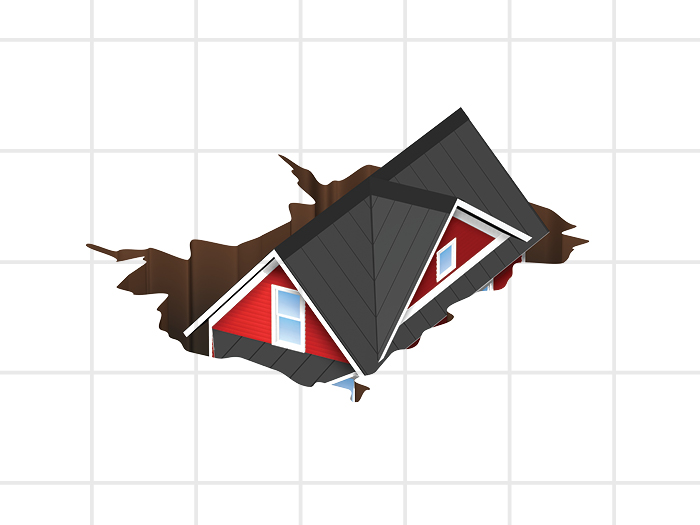You Be the Judge
Worker Clocked Out Then Fell; Is Injury Compensable?

A claims adjuster for Claims Management Resources had finished work and clocked out from his office, which was located on the second floor of the building. He was leaving the office for the day when he was injured while descending the stairs. He was unable to identify any factor that might have caused his fall.
CMR owned the building, but other tenants were also in the building and had access to the stairwell. It was undisputed that CMR had a wellness program encouraging employees to use the stairs, but the use of the stairs was not required. The adjuster had access to an elevator that he could have used instead of the stairs.
The adjuster filed a workers’ compensation claim. The administrative law judge concluded that the adjuster failed to establish a compensable injury. The ALJ reasoned that the adjuster was not performing any employment services, so his injury was excluded from the definition of “course and scope of employment.”
The Workers’ Compensation Commission affirmed. The Court of Civil Appeals also affirmed the commission’s decision, finding that the adjuster’s injury did not occur in the course and scope of his employment because it occurred in a common area adjacent to CMR’s place of business and was therefore not compensable. The adjuster appealed.
Did the ALJ err in determining that the worker’s fall was not compensable?
- A. No. The adjuster’s injury occurred in an area adjacent to CMR’s place of business.
- B. Yes. The adjuster was engaged in actions related to and in furtherance of CMR’s business when he was injured.
- C. No. The adjuster had clocked out for the day when he was injured.
How the Court Ruled
A is incorrect. The court found that the adjuster’s injury occurred on CMR’s premises. Although CMR alleged that the stairwell was a common area used by other tenants, it did not dispute that it owned the building.
C is incorrect. The court said that the fact that the adjuster had clocked out for the day did not mean that his injury was outside the course and scope of his employment. The court pointed out that this exception would not apply until the adjuster left CMR’s premises.
B is correct. In Brown v. Claims Management Resources, Inc., et al., No. 113609 (Okla. 02/22/17), the Oklahoma Supreme Court found that the worker was acting in the course and scope of his employment and that his injury was compensable.
The court stated that the adjuster was following CMR’s instructions to leave his workstation after clocking out and exit the premises. The court explained that if a worker reporting for work as instructed and already on the premises is engaging in actions related to and in furtherance of the employer, so is a worker who is leaving work as instructed but not yet off the premises.
The court also found that it was not legislative intent to equate performing “employment services” with acting within the “course and scope of employment.” The court explained that by clocking out and leaving his second-floor workstation, the adjuster was complying with CMR’s instructions and therefore was still performing employment services at the time of his injury.
Editor’s note: This feature is not intended as instructional material or to replace legal advice.










